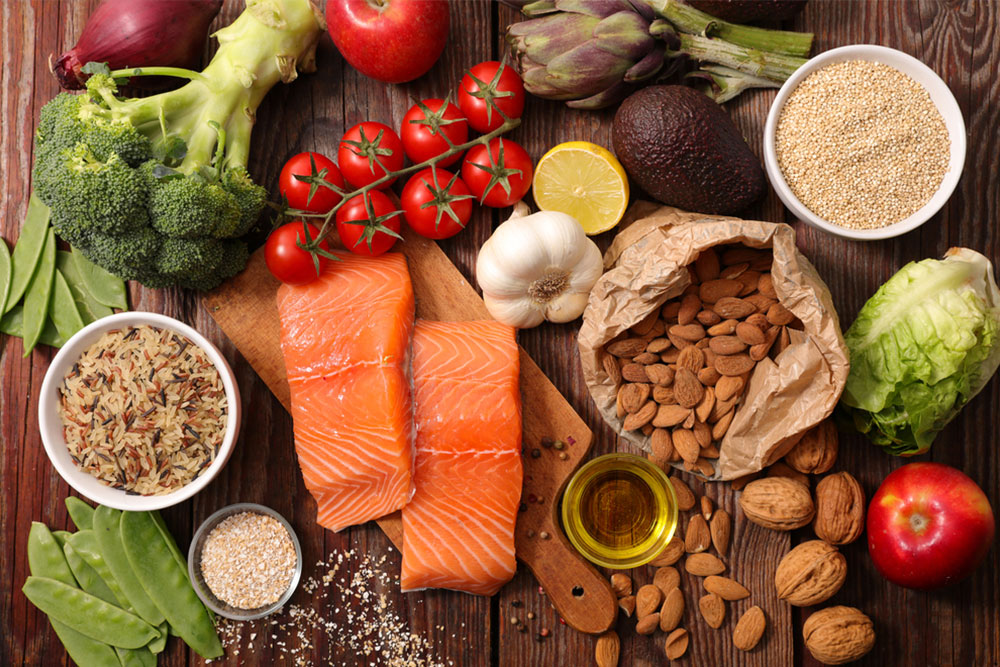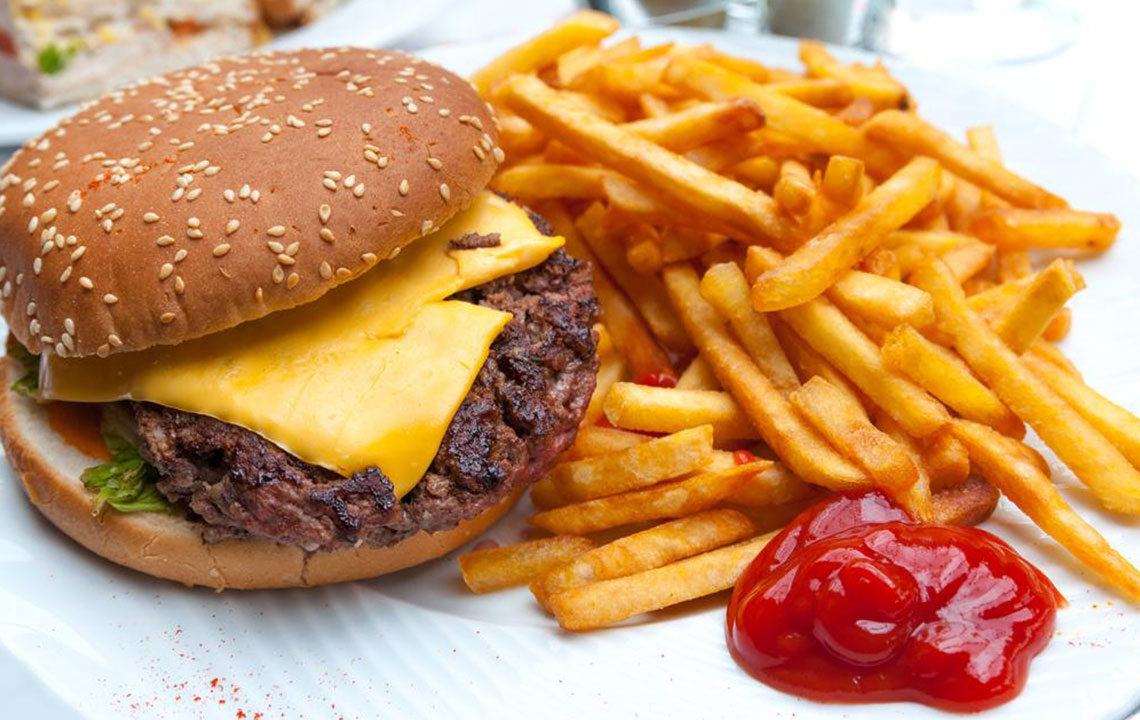Foods to Avoid After an Arthritis Diagnosis
Discover key dietary changes for managing arthritis effectively. Avoid processed, fried, and high-sugar foods, along with dairy, tobacco, and excessive salt to reduce inflammation and joint pain. Incorporate fresh produce and consult healthcare providers for personalized advice to improve joint health and overall well-being.

Foods to Avoid After an Arthritis Diagnosis
Arthritis involves joint discomfort and inflammation. Managing the condition often includes medication and dietary adjustments. While no specific arthritis diet exists, research indicates that decreasing intake of pro-inflammatory foods can significantly alleviate joint pain. Below is a list of foods that should be limited or avoided by those with arthritis.
Fried and Processed Foods
While crispy fries are tempting, reducing processed and fried foods can help minimize inflammation. Studies from Mount Sinai School of Medicine show that cutting back on frozen, fried meats, and processed snacks can benefit arthritis sufferers.
Opt for fresh fruits and vegetables instead of fried items to ensure optimal nourishment for your joints.
Cooked and Grilled Foods
Foods prepared at high temperatures, like grilled or pasteurized items, contain advanced glycation end products (AGEs), toxins that can damage crucial body proteins. These toxins trigger inflammatory responses via cytokines, potentially worsening arthritis symptoms. Therefore, it's best to limit processed or heavily cooked foods.
Sugar and Refined Carbohydrates
Excess sugar intake can increase AGE production, leading to heightened inflammation. Avoid candies, white bread, and processed sweets to reduce joint swelling.
Dairy Products
Dairy, including milk, cheese, and ice cream, may aggravate arthritis symptoms. Proteins in dairy can irritate joint tissues. Many patients find relief by adopting a vegan diet, eliminating all dairy from their meals.
Tobacco and Alcohol
Continuing tobacco and alcohol use can worsen arthritis. Smokers are at a higher risk for rheumatoid arthritis, and alcohol can increase gout risk. Quitting these habits supports overall joint health. Regular exercise and adequate sleep are also vital components.
Salt
Reducing salt intake can be beneficial. While cooking with a pinch of salt is acceptable, avoid processed foods like chips, cheese, and butter high in salt content.
Limiting these foods can help decrease joint pain and inflammation associated with arthritis.









